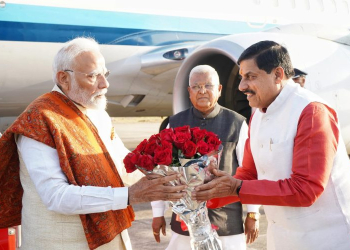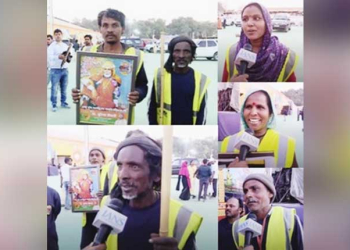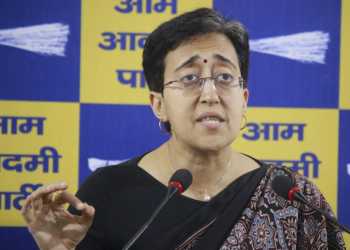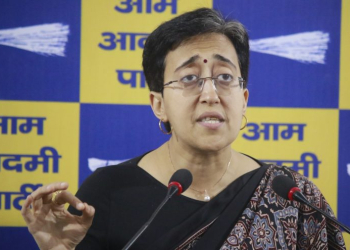London: Finding the root cause of pandemics is key rather than focusing only on preventing the spread of new viruses once they have infected humans, scientists have warned.
According to a new analysis by Harvard University researchers, 3.3 million people are expected to die each year from viral zoonotic diseases.
The estimated value of these lost lives is — at a minimum — $350 billion with an additional $212 billion in direct economic losses.
This amount is based on lives lost from every new viral zoonosis — diseases that “spillover” into humans — since 1918 that killed at least 10 people.
In the analysis, published in Science Advances journal, a team of 20 experts criticised policymakers and multilateral organisations for rarely addressing preventing spillover at the source.
They also criticised approaches that focus only on preventing once the virus outbreaks have begun, rather than tackling the root cause.
The analysis recommends increasing global surveillance of viruses in wildlife, better control of hunting and trade in wildlife, and stopping the razing of forests. These actions would also pay huge dividends in fighting the climate emergency and the biodiversity crisis, they said.
This would cost about $20 billion, just 10 per cent of the annual economic damage caused by zoonoses and 5 per cent of the value of the lives lost.
Since the start of the Covid-19 pandemic, experts have repeatedly warned that the root causes must be tackled.
“If Covid-19 taught us anything, it is that testing, treatments, and vaccines can prevent deaths but they do not stop the spread of viruses across the globe and may never prevent the emergence of new pathogens. As we look to the future, we absolutely cannot rely on post-spillover strategies alone to protect us,” said Aaron Bernstein, Director at Harvard T.H. Chan School of Public Health.
“Spending only five cents on the dollar can help prevent the next tsunami of lives lost to pandemics by taking cost-effective actions that stop the wave from ever emerging, instead of paying trillions to pick up the pieces,” he added.
(IANS)


















